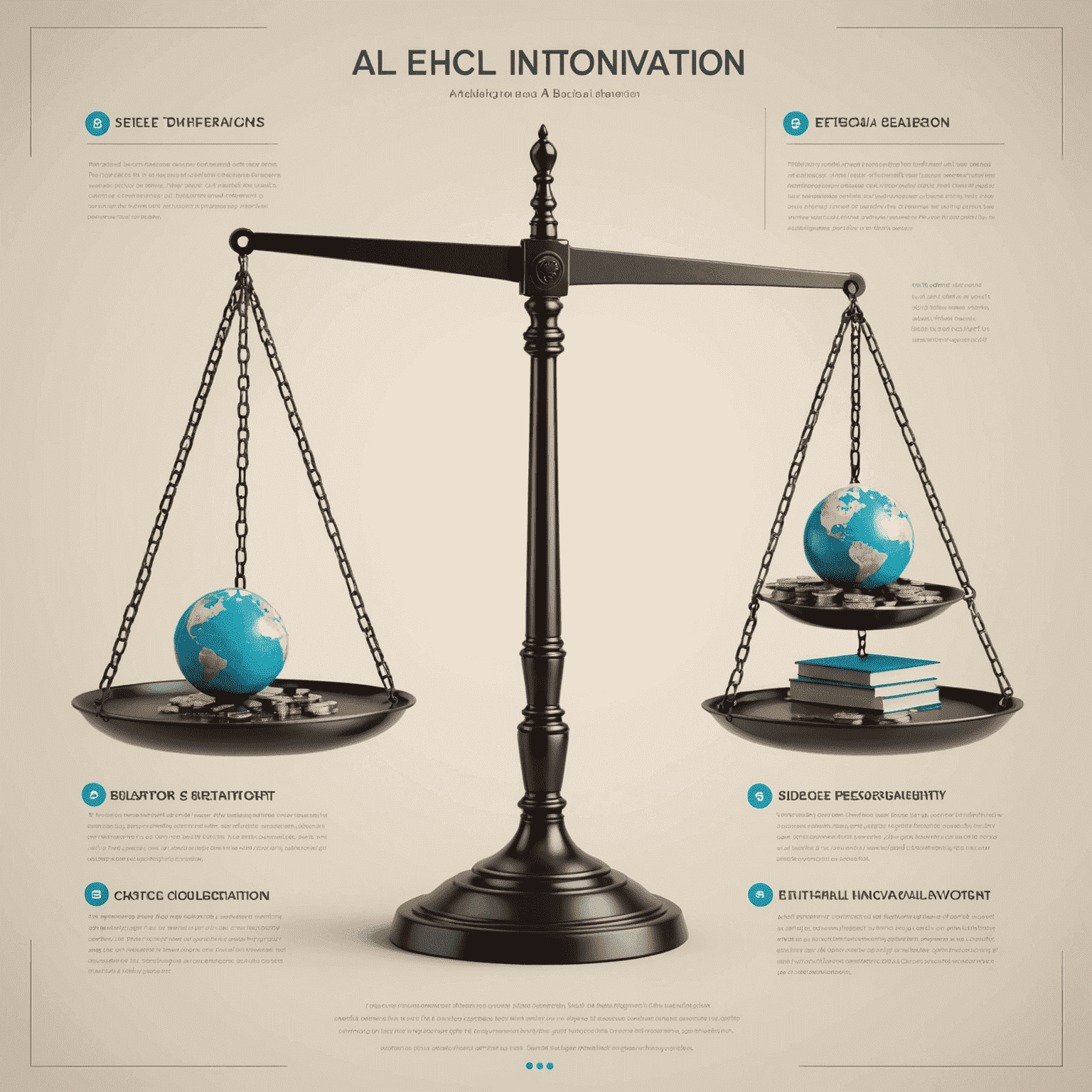Ethical Considerations in AI-Driven Decision Making

As artificial intelligence continues to revolutionize various sectors, including trading and finance, it's crucial to examine the ethical implications of relying on AI for critical decision-making processes. This article delves into the challenges and considerations we must address to ensure responsible AI implementation.
The Power and Pitfalls of AI in Decision Making
AI-driven decision-making systems have the potential to process vast amounts of data and make rapid, informed choices. In the context of trading, this can lead to more efficient markets and potentially higher returns. However, this power comes with significant ethical concerns:
- Bias and Fairness: AI systems can inadvertently perpetuate or amplify existing biases present in their training data.
- Transparency and Explainability: The "black box" nature of some AI algorithms makes it difficult to understand and justify their decisions.
- Accountability: Determining responsibility when AI-driven decisions lead to negative outcomes can be challenging.
- Privacy: The use of personal data in AI systems raises concerns about individual privacy rights.
Ensuring Ethical AI in Trading
To address these ethical challenges in AI-driven trading and decision-making, consider the following approaches:
- Diverse and Representative Data: Ensure that the data used to train AI systems is diverse and representative to minimize bias.
- Regular Audits: Conduct frequent ethical audits of AI systems to identify and address potential issues.
- Human Oversight: Implement human-in-the-loop systems where critical decisions are reviewed by human experts.
- Transparency Measures: Develop methods to explain AI decisions in understandable terms to stakeholders.
- Ethical Guidelines: Establish clear ethical guidelines for AI development and deployment in trading environments.
The Role of Regulation
As AI becomes more prevalent in decision-making processes, regulatory bodies are beginning to take notice. In the realm of AI trading, we may see increased regulation aimed at:
- Ensuring fairness and preventing market manipulation
- Protecting consumer data and privacy
- Mandating transparency in AI-driven financial products
- Establishing accountability frameworks for AI-related incidents

The Future of Ethical AI in Trading
As we continue to harness the power of AI in trading and other critical decision-making processes, it's essential to remain vigilant about the ethical implications. By fostering a culture of responsible AI development and use, we can work towards a future where AI enhances our decision-making capabilities while upholding our ethical standards.
The journey towards ethical AI in trading is ongoing, requiring collaboration between technologists, ethicists, regulators, and industry professionals. By addressing these challenges head-on, we can create AI systems that not only drive efficiency and profitability but also contribute to a fair and transparent financial ecosystem.